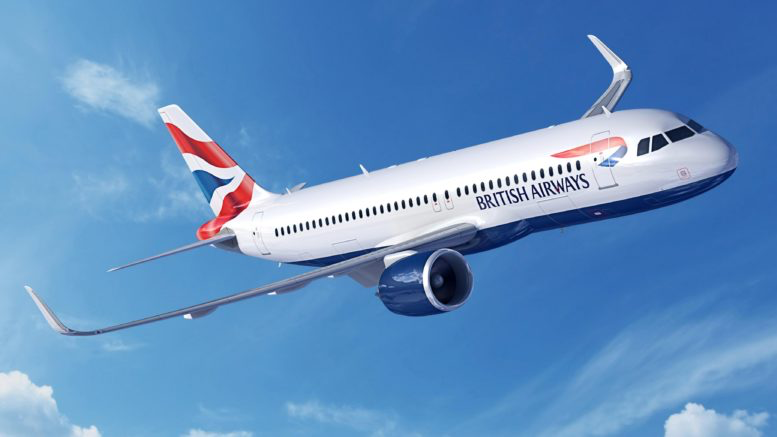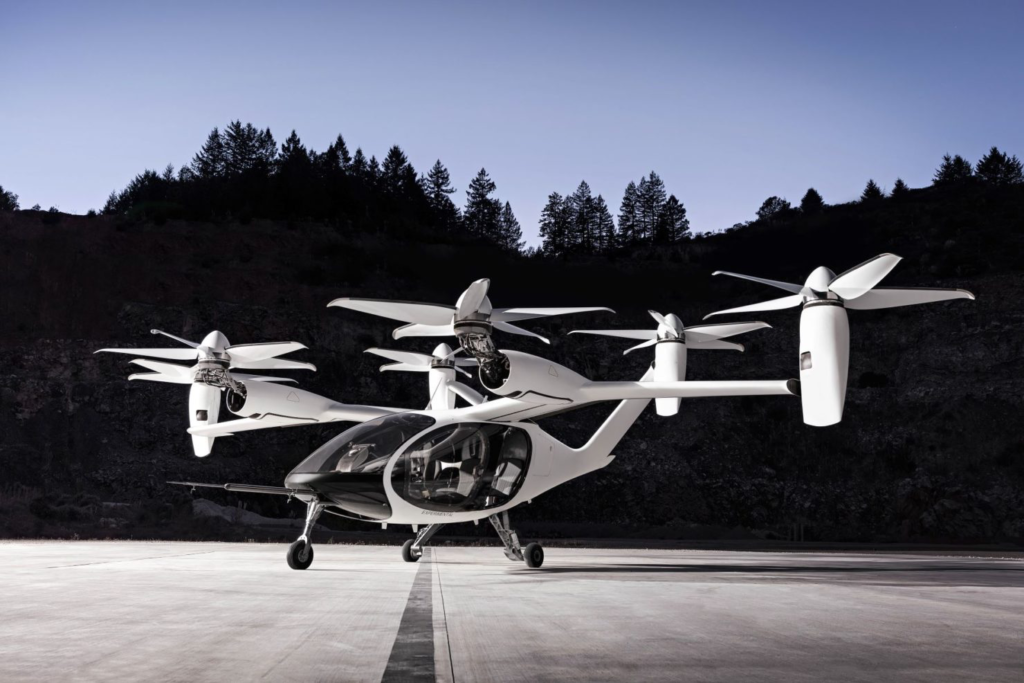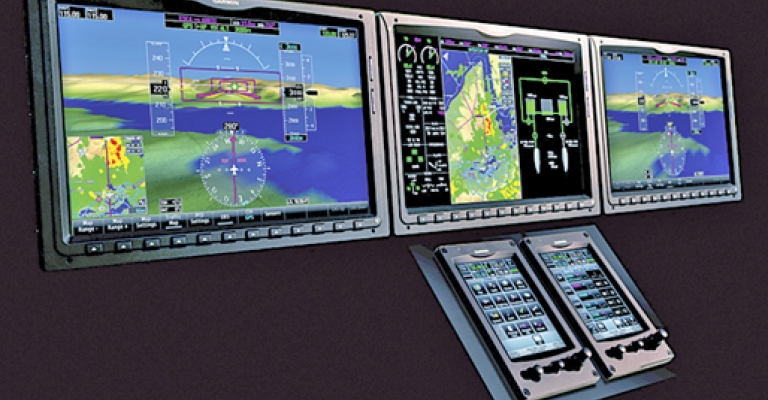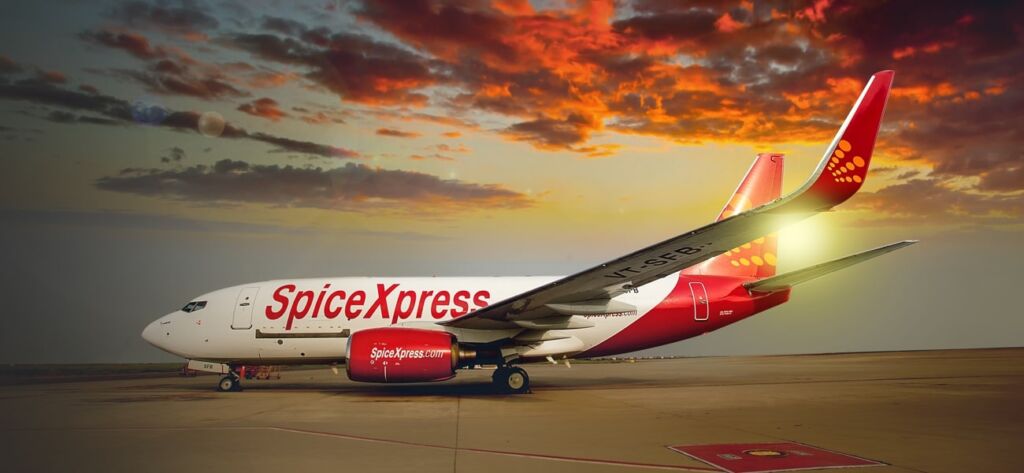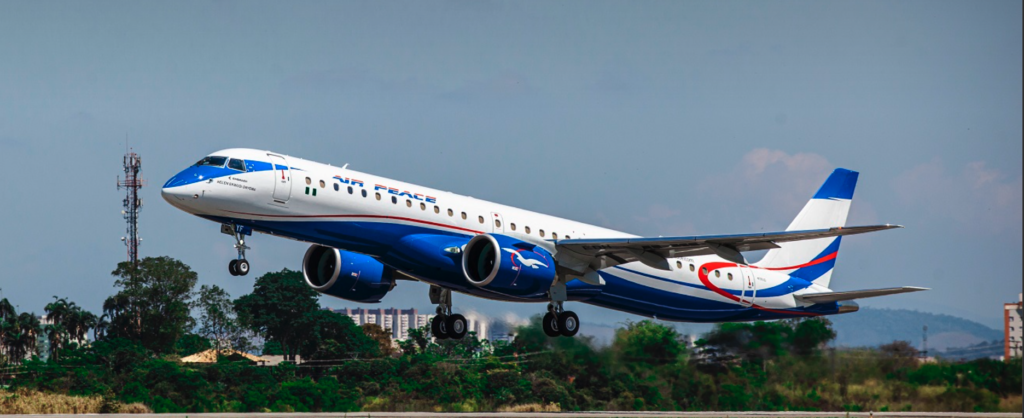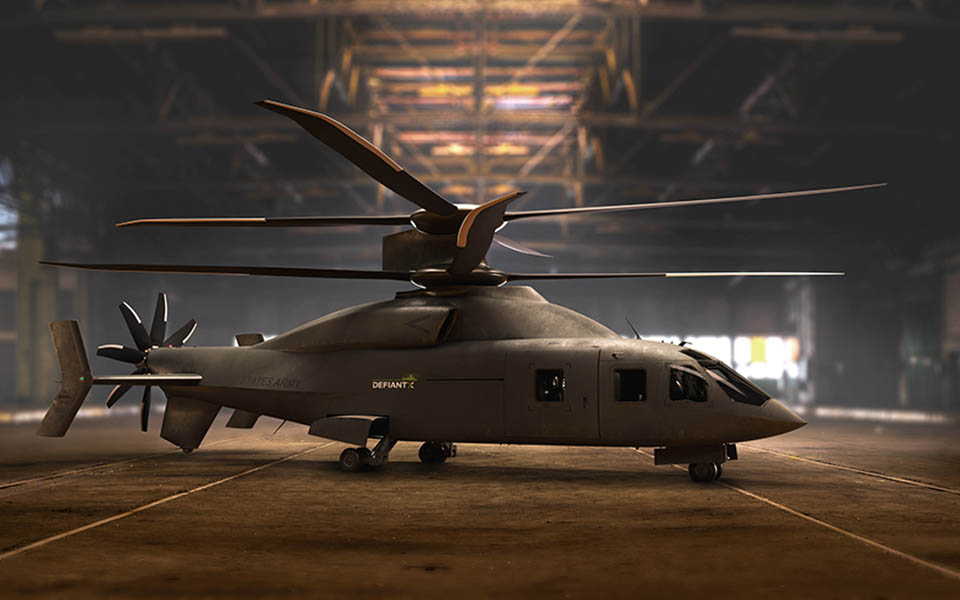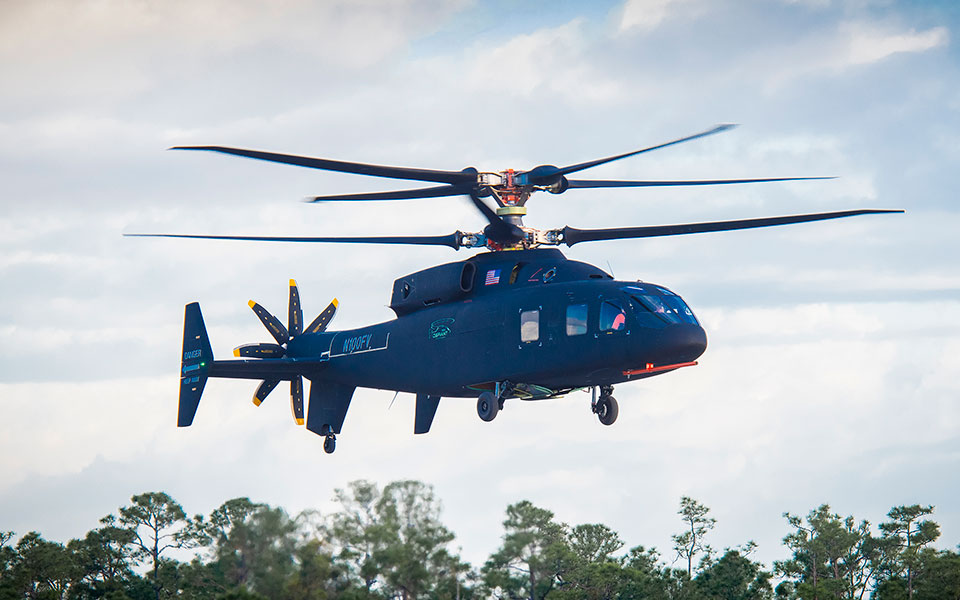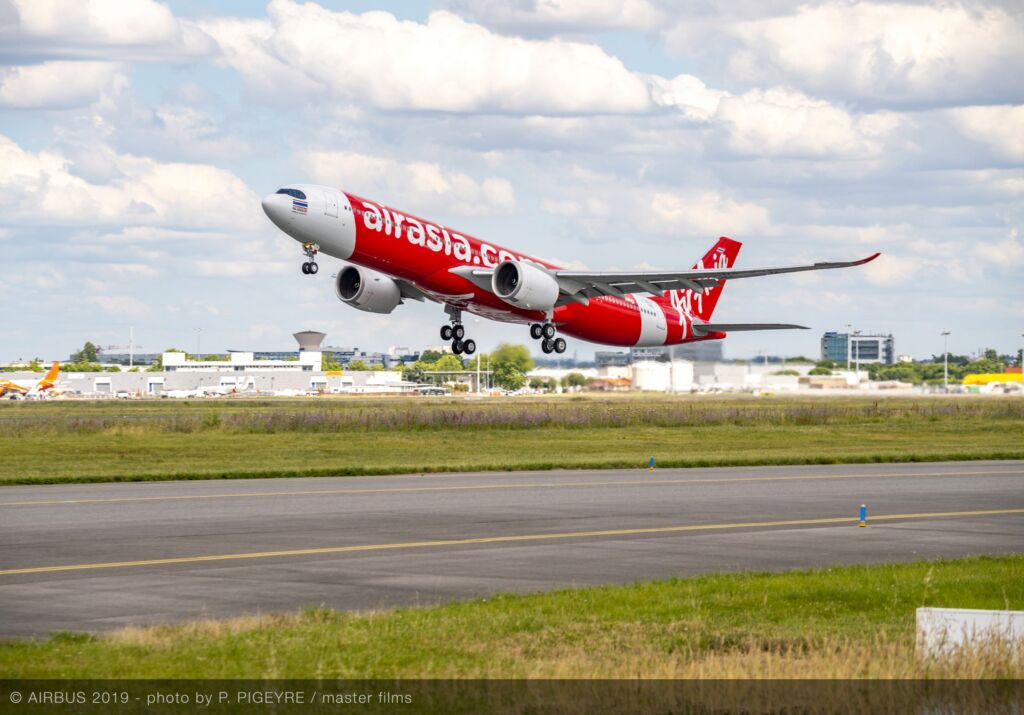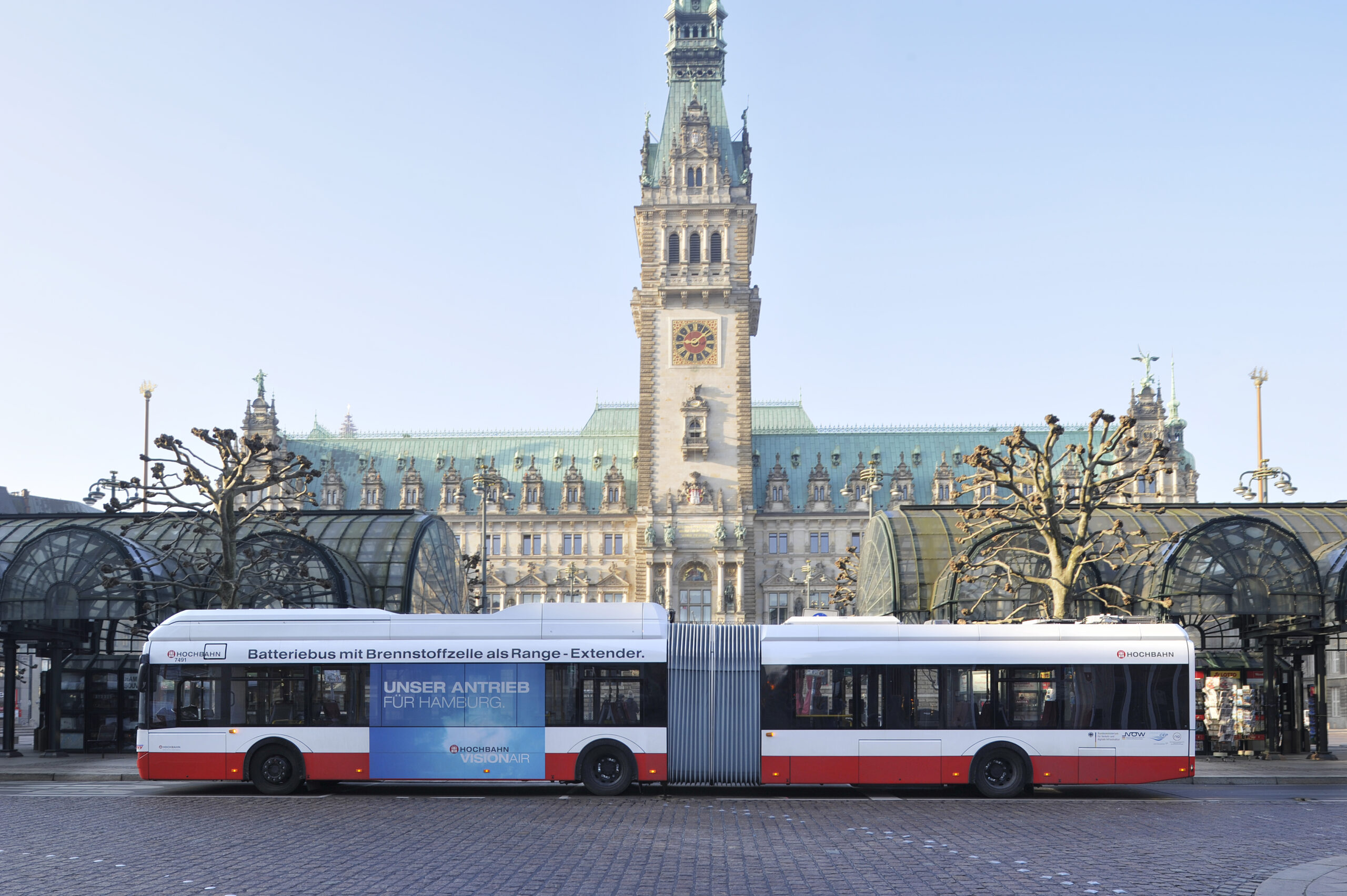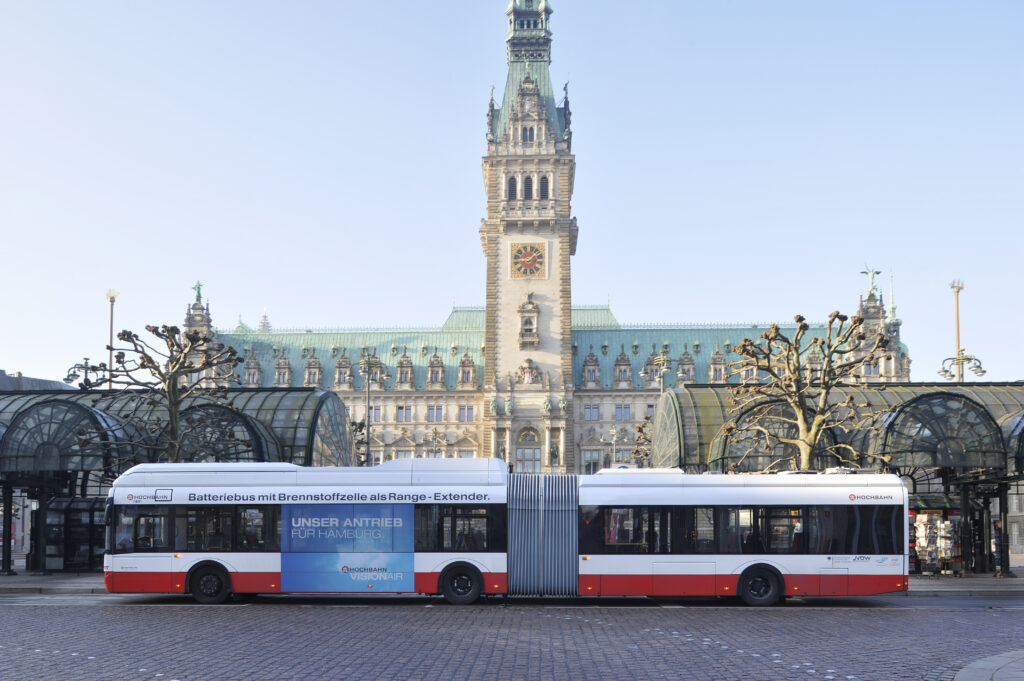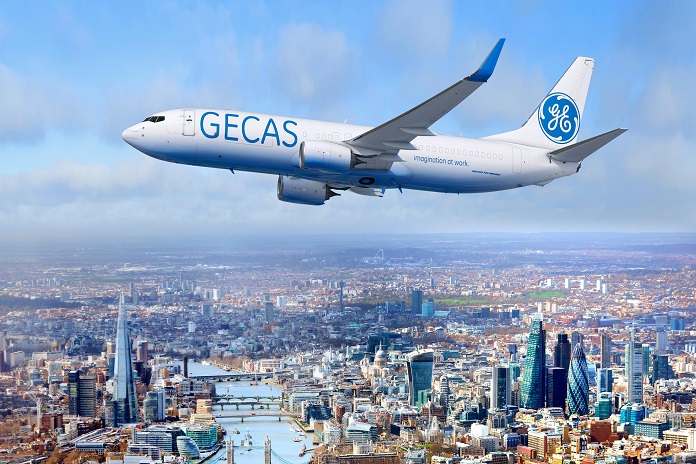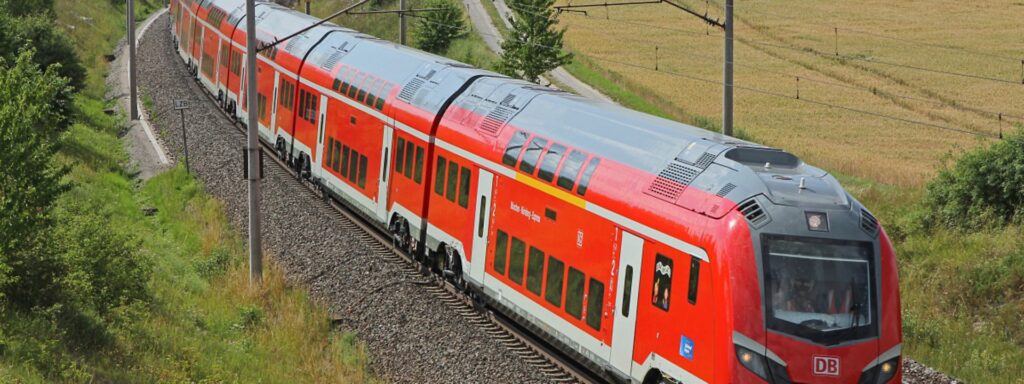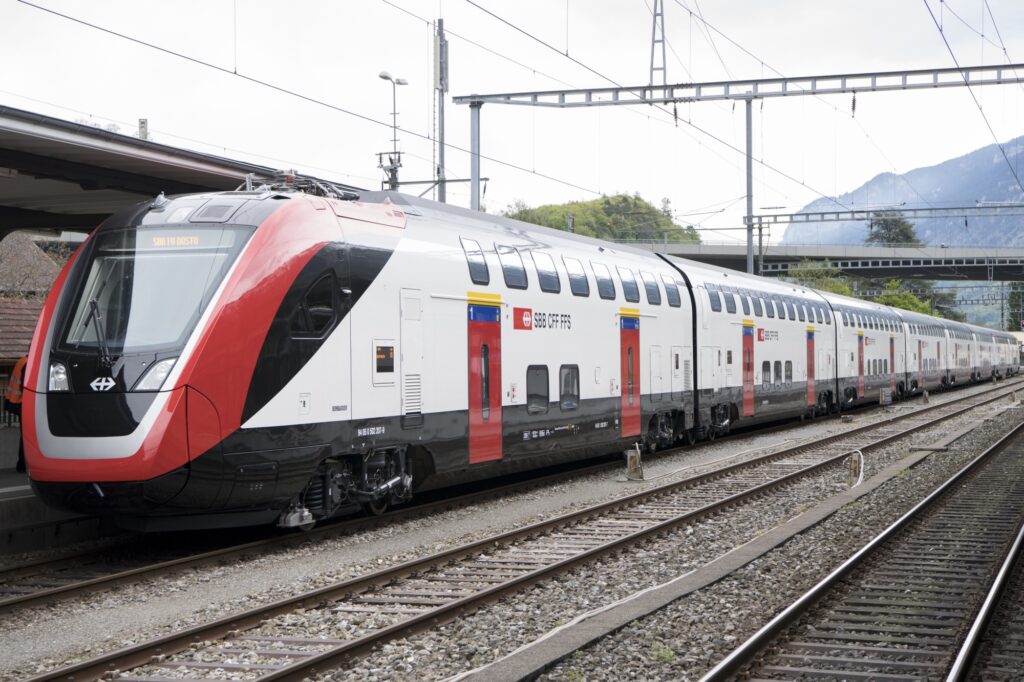Wednesday 24 February, 2021 – British Airways has today launched two new fare brands for its trade customers, which offer refundable options and enhanced flexibility. Select and Select Pro are both refundable fares, which will give customers the flexibility to cancel a flight and claim a full or partial refund should their travel plans change. There will also be no change fee payable for Select and Select Pro bookings.
The Select and Select Pro fares are available to book from today, exclusively for agents, via both the GDS or NDC. They will sit alongside the current Basic, Standard/Plus and Fully Flexible fares, and will enhance the suite of fare options available to suit the different budgets and flexibility needs of customers. In the UK, Select fares will be available on short-haul routes and long-haul routes, and Select Pro available on long-haul routes.*
The table below shows the differences between each available fare brand:

These new fare products will also be available to book through British Airways’ Atlantic Joint Business partners American Airlines, Iberia and Finnair.
Fares will cost from £50 extra on a short-haul return ticket and from £100 extra on a long-haul return ticket, compared with Standard/Plus fares. The refund fee for Select products is similar.**
British Airways’ book with confidence commitment for free changes or the ability to take a voucher will continue to apply to all Basic, Standard/Plus, Fully Flexible, Select and Select Pro bookings. As always, if a flight is cancelled the customer is entitled to a full refund.
More information for trade partners is available through the BA Travel Trade website. Partners can also contact their Account Manager.
